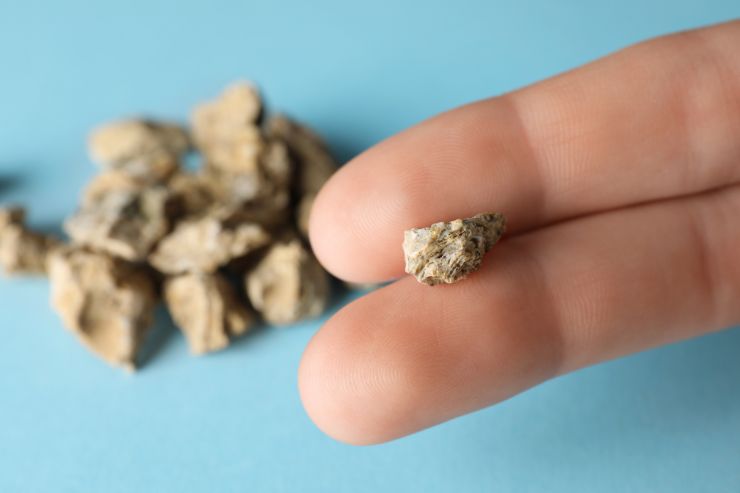
Kidney stones are hard deposits of minerals and salts that form inside the kidneys. They develop when your urine becomes concentrated, allowing certain minerals, like calcium, oxalate, or uric acid, to crystallize and stick together. While small stones may pass unnoticed, larger stones can cause extreme pain, block the flow of urine, and even damage the kidneys if left untreated.
At Sri Vaishnavi Hospital, we emphasize the importance of kidney stone prevention to protect you from the discomfort and potential complications of these painful stones. By making some lifestyle changes and adopting healthy habits, you can significantly reduce your risk of developing kidney stones.
Who is at Risk of Kidney Stones? Certain factors increase your chances of developing kidney stones, including:
How to Prevent Kidney Stones
Preventing kidney stones requires a combination of healthy dietary habits, staying hydrated, and avoiding certain foods that can trigger stone formation. Here are some key steps to reduce your risk:
Stay Hydrated
Drinking enough water is the most important thing you can do to prevent kidney stones. Staying hydrated dilutes the substances in your urine that lead to stones.
Eat a Balanced Diet
Following a healthy diet can make a big difference in preventing kidney stones.
Limit Sugary and Carbonated Drinks
Sugary beverages, especially those high in fructose, can increase the risk of stones. Carbonated drinks like sodas often contain phosphoric acid, which can promote the formation of kidney stones.
Get Enough Citrate
Citrate, found in lemons and oranges, helps prevent kidney stones by stopping the formation of crystals. Drinking lemon water or eating citrus fruits can naturally boost your citrate levels.
Control Your Weight
Obesity and weight gain are linked to an increased risk of kidney stones. Maintaining a healthy weight through a balanced diet and regular exercise can help lower your risk.
Medications for Stone Prevention
In some cases, lifestyle changes alone may not be enough to prevent kidney stones. If you have a history of recurring stones, your doctor may recommend medications to help: